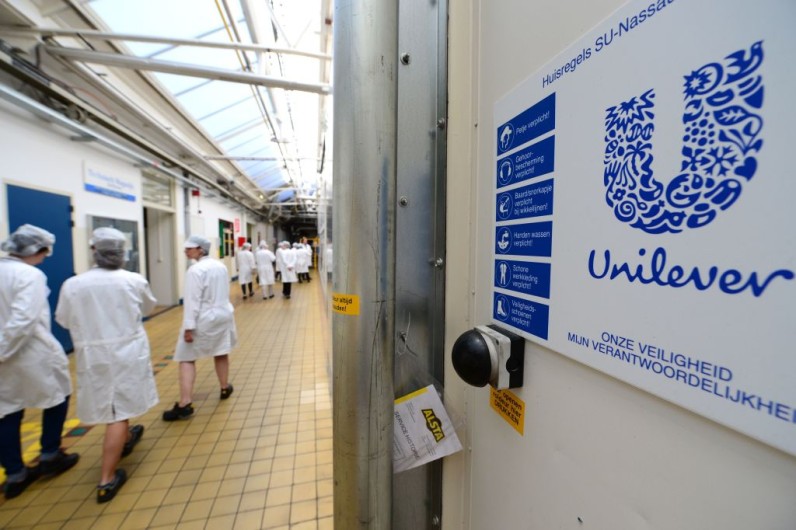Unilever unveiled on Thursday a 1.5 billion euro ($1.6 billion) share buyback program for 2024 following an increase in sales volumes for the first time in 10 quarters. However, the company's CEO said its performance needs to improve.

Competitive Challenges of Unilever
According to Reuters, Unilever CEO Hein Schumacher acknowledged the company's competitive challenges, saying: "Our competitiveness remains disappointing and overall performance needs to improve."
Despite the positive news on volume growth and margin, Schumacher noted that there are still ongoing efforts to elevate Unilever's performance.
"We are at the early stages of this work, and there is much to do, but we are moving with speed and urgency to transform Unilever into a consistently higher-performing business," Schumacher said in a press statement.
Although Unilever reported a 2.6% rise in full-year underlying operating profit to 9.9 billion euros and a 60 basis points increase in underlying operating margin to 16.7%, it fell short of analyst projections. Analysts had expected an operating profit of 10.4 billion euros with a margin of 16.9%.
Following the announcement, Unilever's shares surged by up to 4% on Thursday, reaching its highest level since its last earnings report in October. Reuters reported that the stock has dropped around 2% over the past year.
The company said it will start the reacquisition of its own shares in the second quarter.
Growth Action Plan of Unilever
In the statement, Unilever outlined its focus in executing its Growth Action Plan set out last October to drive improved performance and competitiveness. The plan centers on delivering higher-quality growth, improving productivity and simplicity, and adopting a strong performance focus.
Unilever's outlook for 2024 includes an expectation of underlying sales growth (USG) within its multi-year range of 3% to 5%, "with more balance between volume and price."
Additionally, a modest improvement in underlying operating margin is anticipated for the full year, driven by gross margin expansion through increased productivity and normalization of net material inflation levels.
The company also anticipates a modest improvement in underlying operating margin for this year driven by gross margin expansion through increased productivity and normalization of net material inflation levels.







Join the Conversation